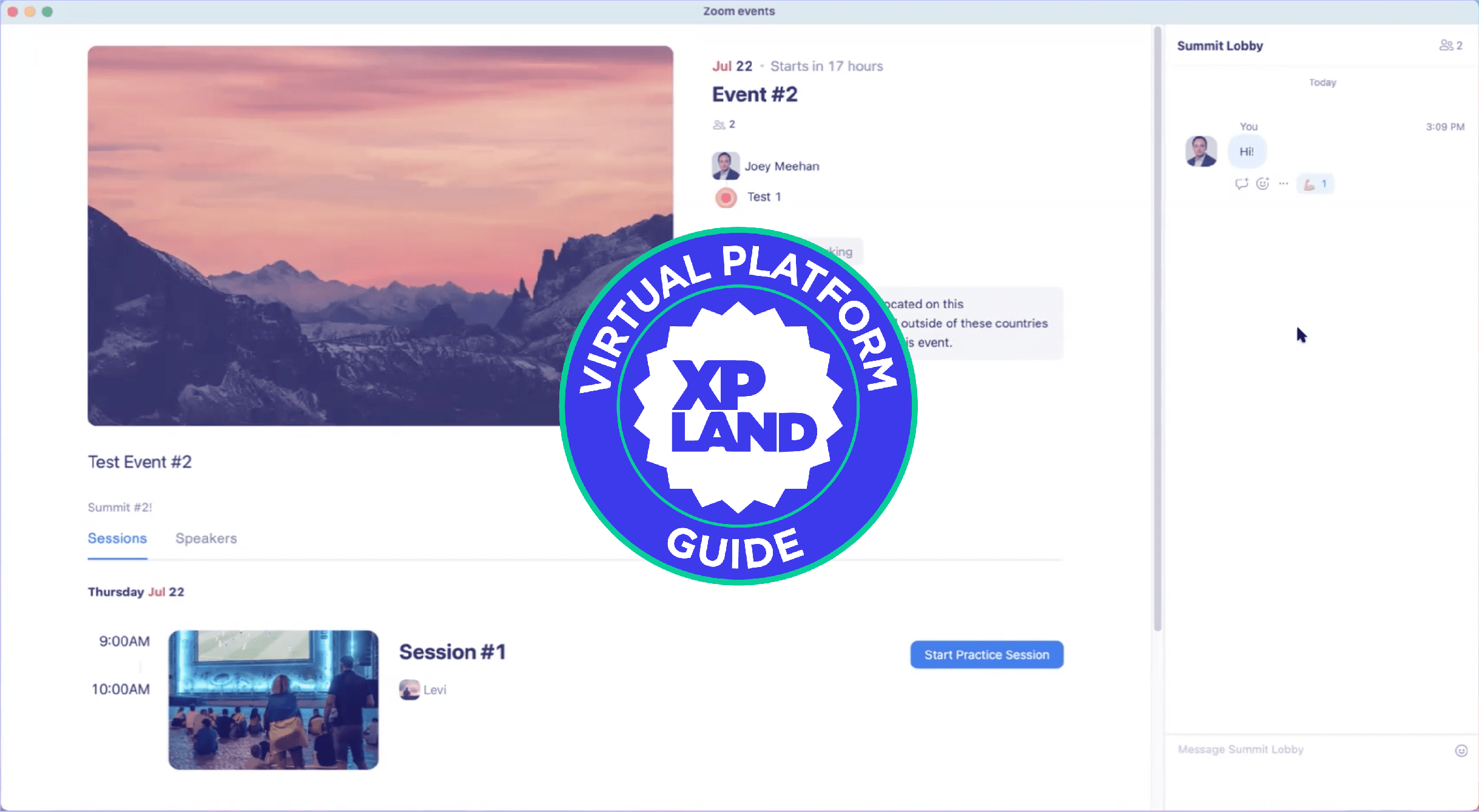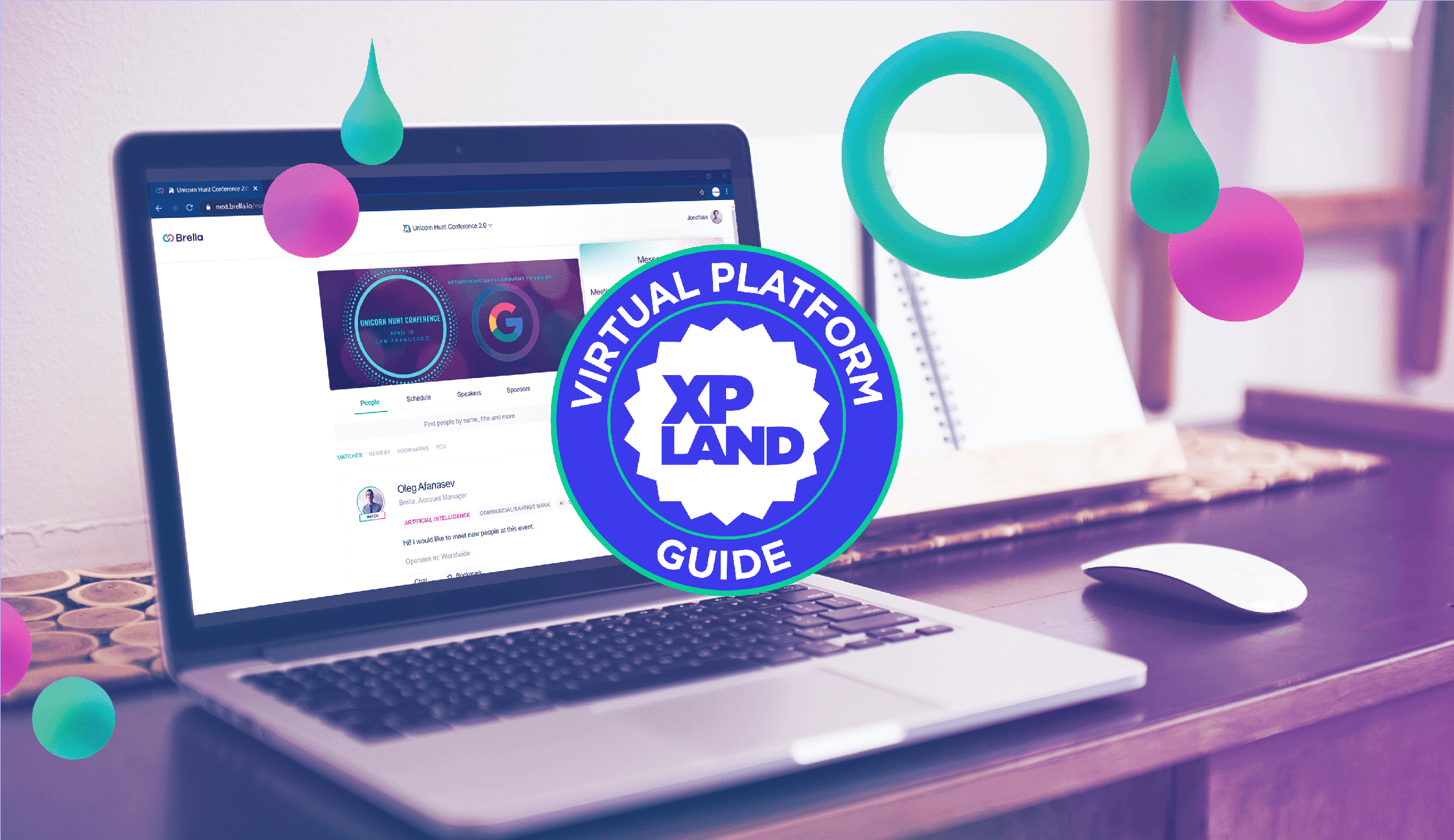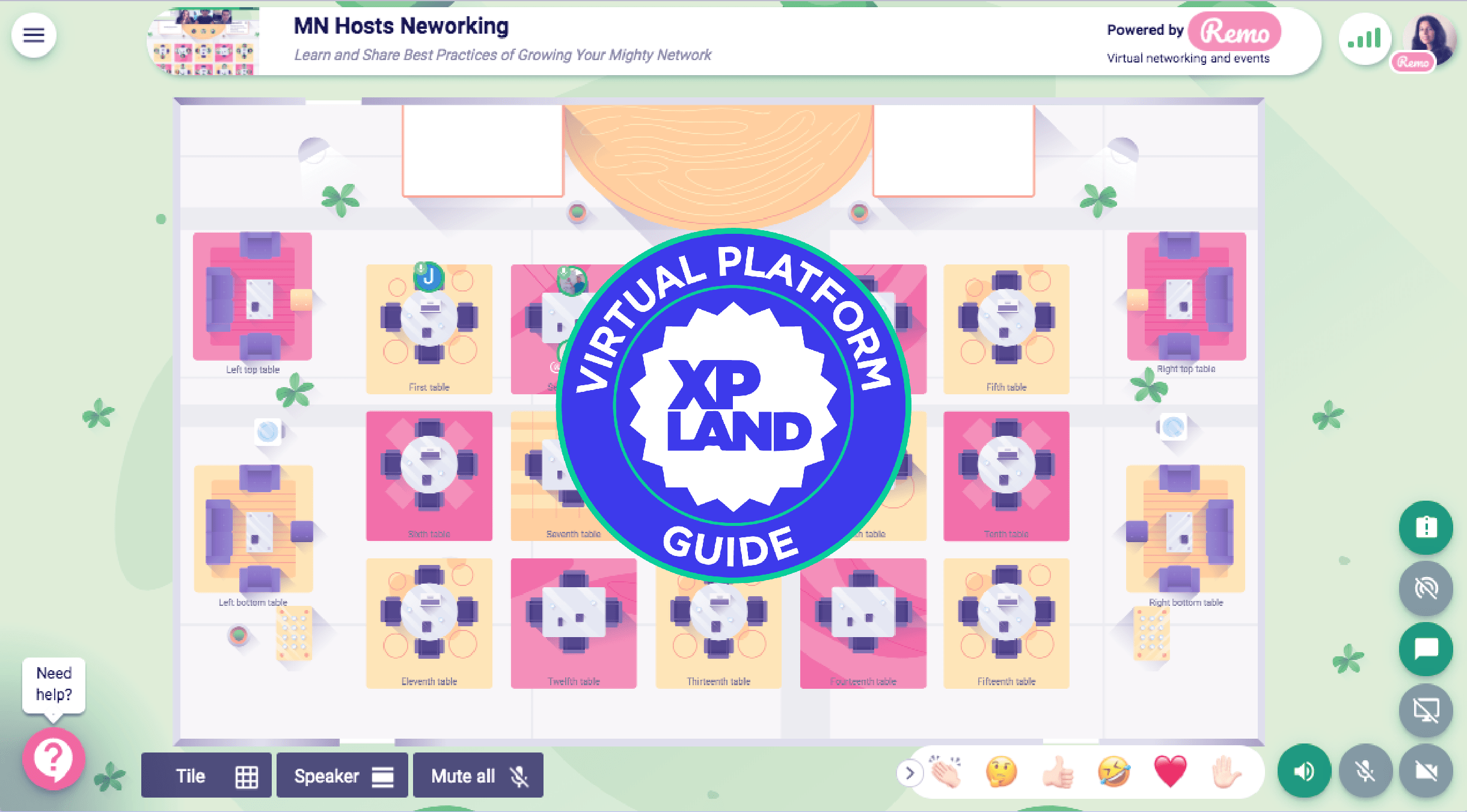Better late than never? Zoom enters the virtual event platform field

Mere days after Zoom became, for a brief-ish period, basically our only portal to the outside world in March 2020, the company was contending with a lawsuit over “zoombombing,” a practice in which hackers interrupt meetings with offensive visuals and/or messages. This week, the company finally agreed to settle the legal case — which centered around the privacy and security of users — to the tune of $85 million. While Zoom is far from our “only portal” to the outside world these days — both because of the ever-growing field of virtual meeting platforms and the fact that most of us are, to varying degrees, back in the outside world — the company is still ubiquitous. It’s moving on from some of the shade thrown its way over the zoombombing-related suit, and it’s also moving on from its reputation as a platform primarily for webinars and video meetings. While Zoom maintained its foothold during the pandemic, its limitations compared to virtual event platforms became more and more apparent as time went on. With the recent launch of Zoom Events, Zoom is trying to become, once again, the leader of the pack. Gone are the days of waiting to email out a...

